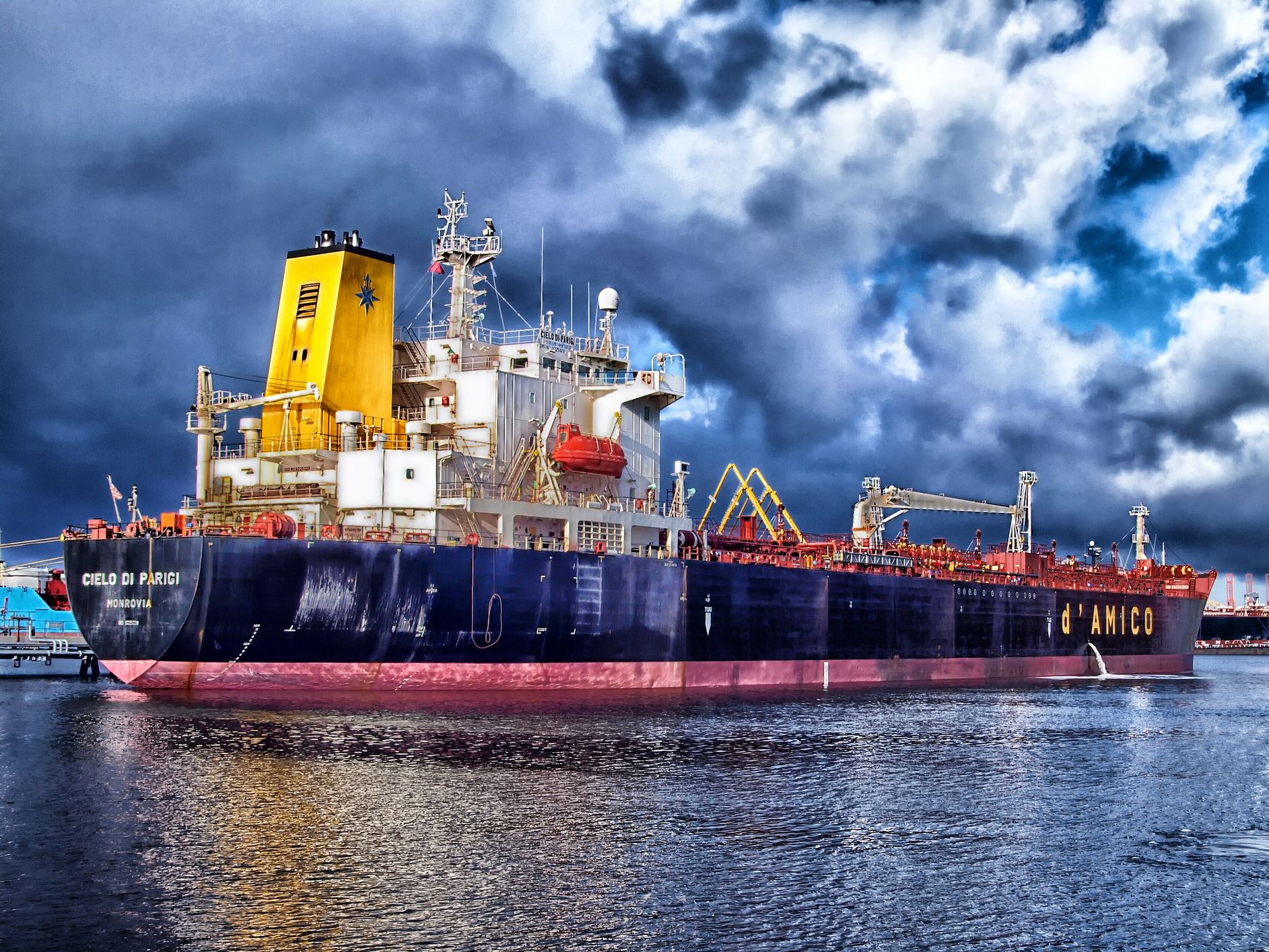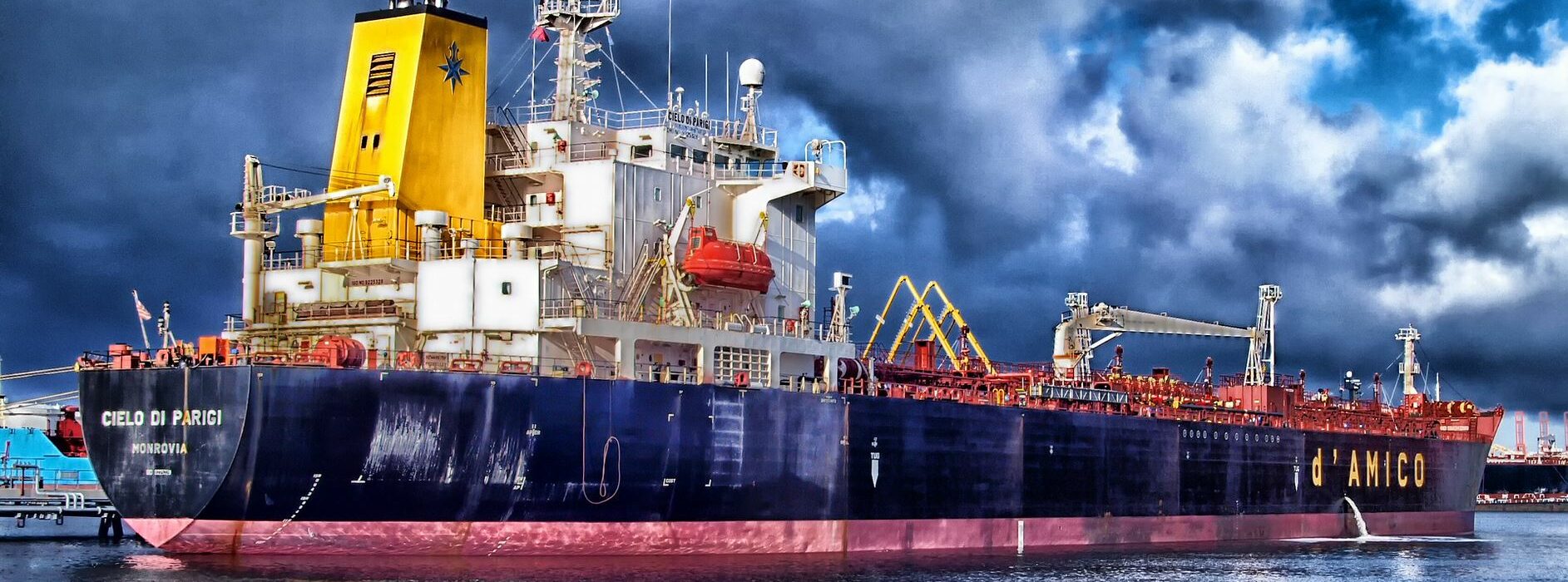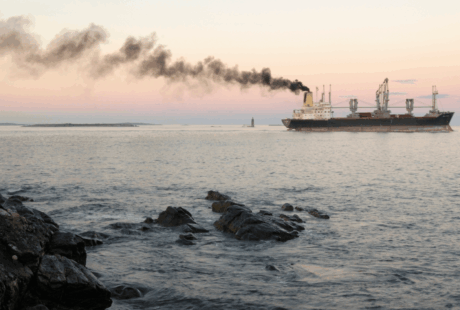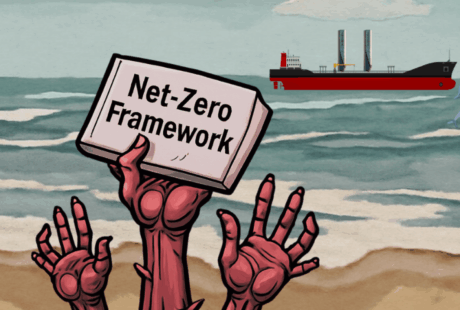Seas at Risk, as part of a new coalition of NGOs, the Clean Arctic Alliance, has developed a position statement asking states to #saynotoHFO.
On October 24th the International Maritime Organization Marine Environment Protection Committee will be meeting in London to discuss a range of issues to reduce the risk and impact of shipping on the marine environment. Reducing greenhouse gas emissions and implementing low sulphur air emission regulations will feature prominently in the discussions. Alongside these high profile issues will be the discussion of heavy fuel oil (HFO) use by ships in the Arctic. With the submission by the US and Canada of a paper outlining the need to mitigate impacts of this polluting fuel, Seas at Risk as part of a new coalition of NGOs, The Clean Arctic Alliance, has developed a position statement asking states to #saynotoHFO.
The use of heavy fuel oil by vessels operating in the arctic:
- …poses a major risk to the arctic marine environment. In case of a heavy fuel oil spill there would be a long term impact on growth and reproductive rates of various species. In addition, In the event of an HFO spill, challenging environmental conditions make spill response efforts nearly impossible.
- …produces harmful emissions that negatively impact the global climate. In particular, black carbon is a critical contributor to human induced climate warming in the Arctic. When it falls on Arctic snow and ice, it reduces the amount of sunlight reflected back into space accelerating snow and ice melt.
- …threatens the food security, livelihood and way of life of arctic communities. A heavy fuel oil spill would have devastating consequences on these communities and on the resources they depend on for their nutritional, cultural, and economic needs.
- …produces emissions that impact human health.
- …is expected to increase. Studies estimate that overall shipping activity in the Arctic will increase by more than 50% between 2012 and 2050, increasing also the risk of heavy fuel oil spills.
The Clean Artic Alliance position statement.

Posted on: 4 October 2016



